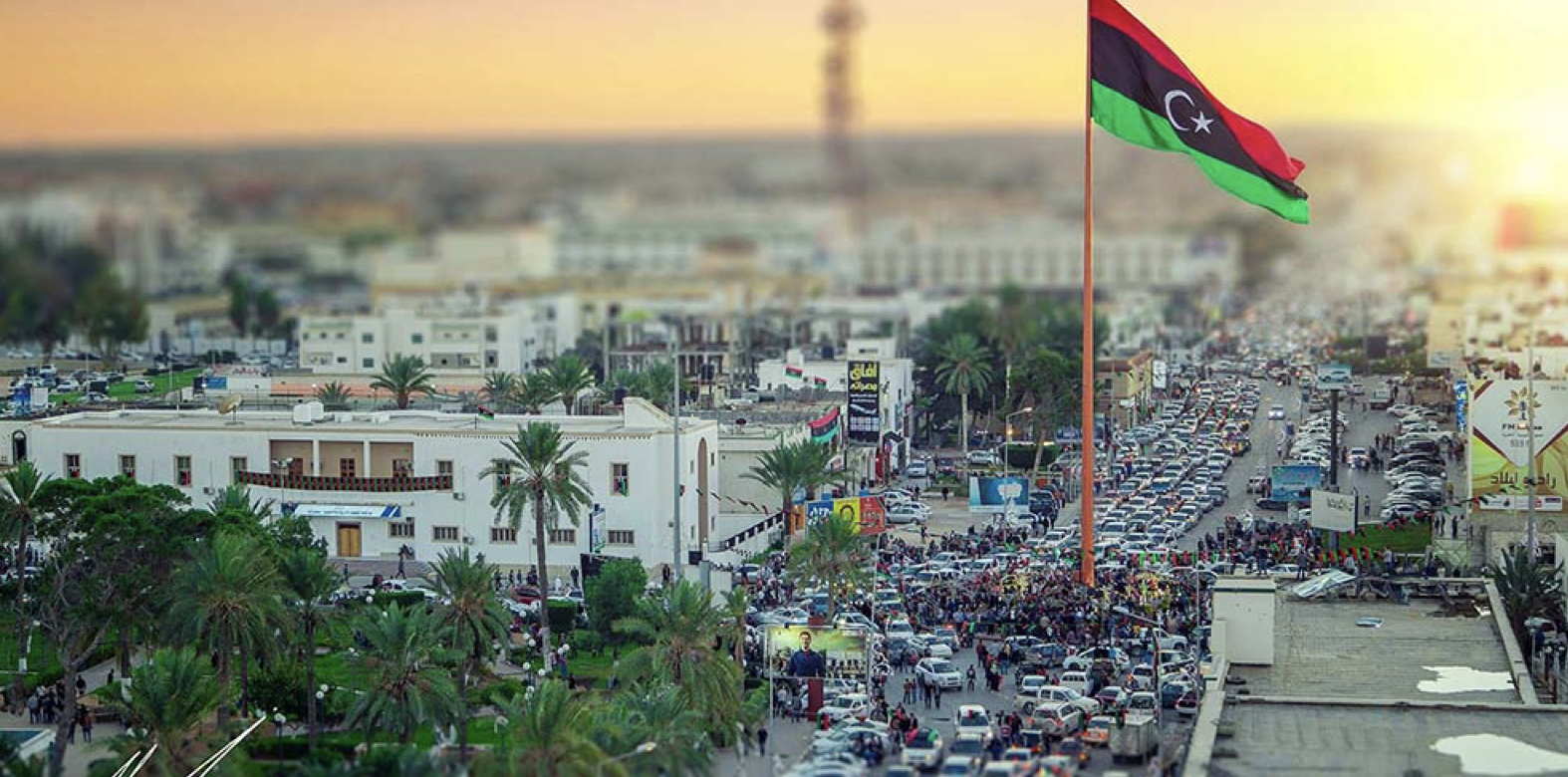The political deadlock continues. Since the appointment as Prime Minister of F. Bachaga by the parliament of Tobruk on February 10, 2022, not recognized by the head of the Government of National Unity in office A. Dbeiba, Libya has been bogged down in a political conflict. Public policies overlap and become illegible.
The current political situation jeopardizes the country’s stabilization process, reducing the prospects for elections and the reunification of institutions such as the Central Bank.
In the absence of an agreement on the use of oil resources, the continuation of a blockade of the hydrocarbons sector threatens the functioning of the country, its economy and the international supply of gas and oil a little more every day. Crude oil production amounted to around 650,000 barrels per day in June (almost half as much as at the start of the year), gas production reached 2 billion cubic feet per day.
As of June 29, the shutdown percentage of total Libyan oil production has risen to 51%, and exports have been limited to some 400,000 barrels per day. The total amount of oil export revenue lost since the start of the partial production shutdown on April 16 now stands at $3.4bn.
Political tensions threaten the process of central bank unification and raise the risks of a new liquidity crisis. In the absence of a reunified clearing system, tensions are now growing between the eastern and western branches of the Central Bank: the eastern branch of the Libyan Central Bank (BCL) has accused that of the west in Tripoli for not having provided it with enough liquidity and warned that it plans to take measures – such as the resumption of monetary creation to ensure the liquidity of banks in the east of the country.
The Tripoli BCL refutes this accusation and publishes figures showing a transfer of 1 billion LYD to the eastern BCL, accusing the latter of having distributed only half of it to the banks despite the liquidity needs.
Source : Embassy of France in Tunisia








Réagissez à cet article